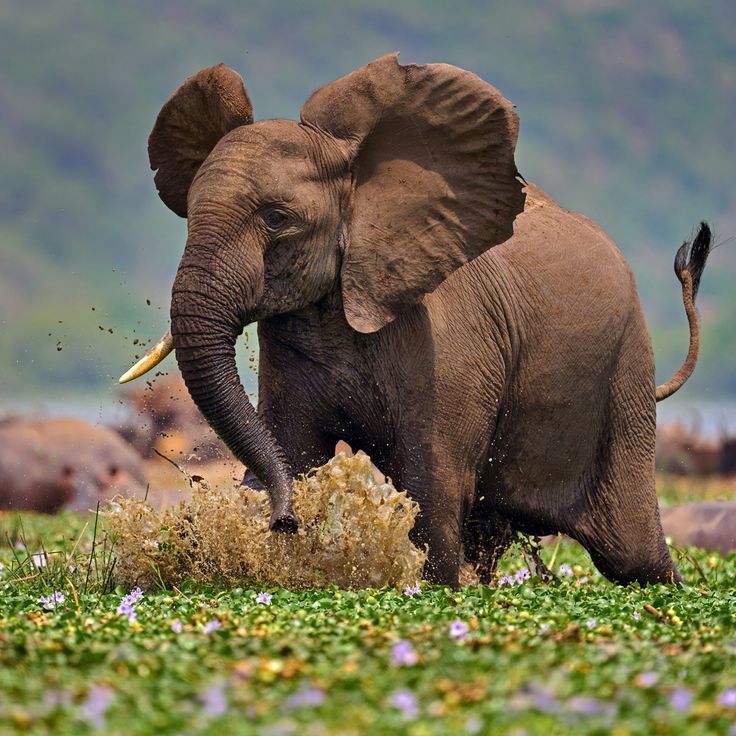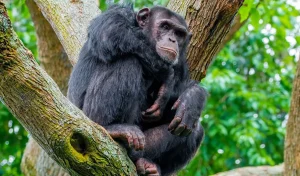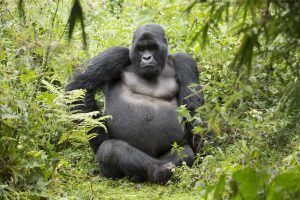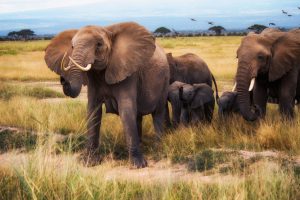Dreaming of a safari adventure in the “Pearl of Africa” but worried about the cost? You’re not alone. Many believe an African safari is an exclusive, luxury-only experience. However, a budget safari in Uganda proves this misconception wrong. It’s not about compromising on the core experiences—the thrilling wildlife encounters, the breathtaking landscapes, and the vibrant culture—but rather about making smart, strategic choices that allow you to explore Uganda without breaking the bank. This guide will walk you through the most effective ways to save money, helping you plan an affordable, yet unforgettable, safari.
What is a budget safari, and how does it differ from a luxury safari?
A budget safari is a carefully planned trip that prioritizes experience and value over premium amenities. The core difference between a budget safari and a luxury one lies in logistics, accommodation, and transportation, not in the quality of the game drives or the natural beauty you witness. A luxury safari might include flying between parks, staying in high-end lodges, and enjoying private chef services. In contrast, a budget safari focuses on more economical choices like:
- Accommodation: Opting for comfortable guesthouses, basic lodges, or campsites instead of luxury resorts.
- Transportation: Traveling by road in a group or self-driving instead of using chartered flights.
- Meal Plans: Enjoying local food and packed lunches instead of gourmet dining at exclusive lodges.
- Activities: Choosing a variety of affordable activities to complement a high-cost one, like a boat safari or nature walk.
What are the most effective ways to save money on a safari in Uganda?
Saving money on a Ugandan safari is all about making informed decisions. The most impactful strategies include:
- Travel in the low season: Prices for flights, accommodation, and sometimes even park activities drop significantly during the rainy seasons (March-May and October-November). While you might encounter some rain, you’ll also find lush green landscapes, fewer tourists, and excellent photography opportunities.
- Choose your national parks wisely: While gorilla trekking is a must for many, some parks are more budget-friendly for general game viewing.
- Embrace camping: Staying at public or private campsites with shared facilities is a fraction of the cost of a lodge.
- Go for a group tour or self-drive: Both options are more affordable than a private, guided safari.
- Eat like a local: Enjoying meals at local restaurants or cooking your own food at campsites can drastically cut down on food expenses.
Does the time of year you travel to Uganda affect the safari price?
Yes, timing is one of the most powerful tools for a budget safari. The peak tourist season runs from June to September and in December, when dry weather makes for ideal trekking and game viewing conditions. During these periods, prices for everything from flights to lodging are at their highest. Traveling during the “shoulder” seasons (June, October, and early December) or the “low” seasons will result in substantial savings, making your dream safari much more achievable.Budget Safari in Uganda
What are the most budget-friendly national parks in Uganda?
While all national parks require entry fees, some offer more affordable experiences than others due to their location, accessibility, and the range of available accommodation. Queen Elizabeth National Park is an excellent choice, as it offers a wide variety of activities—including classic game drives and a famous boat safari on the Kazinga Channel—and has a good selection of affordable lodges and camping sites. Murchison Falls National Park also provides a fantastic experience for a reasonable cost, with spectacular wildlife and the stunning waterfall itself. While Bwindi Impenetrable National Park has a high-cost gorilla permit, the surrounding towns offer budget-friendly accommodation that helps keep overall costs down. Budget Safari in Uganda
What types of affordable accommodation are available for a budget safari?
Uganda offers a range of accommodation options that cater to the budget traveler.
- Camping: Many national parks have public campsites with basic facilities (running water, toilets, sometimes showers). You can also find private campsites operated by lodges that offer a few more amenities. This is the most affordable lodging option.
- Guesthouses and Budget Lodges: These establishments provide simple, clean rooms, often with en-suite bathrooms, and are a step up from camping. They are typically family-run, offering a more authentic and personal experience.
- Community-run Bandas: Some communities near the national parks have built simple, traditional huts for tourists, providing a unique cultural immersion at a very low cost.
How can you do gorilla trekking in Uganda on a tight budget?
Gorilla trekking is the single most expensive activity you can undertake in Uganda, but it is possible to do it on a budget. The gorilla permit itself is a non-negotiable fixed cost (currently $800 USD per person), but you can save money on everything else.
- Choose Uganda over Rwanda: Uganda’s gorilla trekking permit is currently less expensive than Rwanda’s ($1500 USD), offering a significant saving from the outset.
- Stay at budget accommodation: Opt for guesthouses, bandas, or campsites just outside Bwindi Impenetrable National Park, which are far cheaper than the luxury lodges.
- Join a group tour: Travel with a group to share the costs of the safari vehicle, fuel, and guide, which drastically reduces your individual expenses.
Are self-drive safaris or group tours better for saving money?
Both self-drive safaris and group tours are excellent ways to save money compared to a private guided safari.
- Self-drive safaris: This option saves you the cost of a driver-guide’s fee. It is perfect for adventurous travelers who are confident in their navigational skills and are comfortable with the responsibility of vehicle maintenance and planning.
- Group tours: You share all the major costs of the trip with other travelers. This is often the easiest and most effective way to save money for those who prefer to have all the logistics professionally handled.
How can you find a reputable tour operator for a budget safari in Uganda?
Finding a reputable budget safari company is crucial to ensure you get value for your money and a safe, enjoyable trip.
- Check for memberships: Look for operators who are members of recognized industry associations like the Association of Uganda Tour Operators (AUTO). This indicates they adhere to a code of conduct.
- Read reviews: Check independent review sites like TripAdvisor, Google Reviews, and SafariBookings to see what other travelers say about their experiences.
- Compare what’s included: Be a smart consumer. Carefully compare different packages to see what is included (e.g., park fees, meals, guides) to avoid hidden costs.
- Communicate your budget: Be upfront with your tour operator about your budget and what is most important to you. They can often customize an itinerary to meet your financial needs.
What should you realistically expect from a budget safari experience?
A budget safari is a fantastic adventure, but it’s important to set realistic expectations. You can expect:
- Comfortable, but not luxurious, accommodation.
- Delicious, hearty local food, but not gourmet dining.
- Longer travel times on the road, as opposed to quick flights.
- An authentic, immersive experience focused on wildlife and culture.
- Exceptional wildlife sightings and guiding, as this is the core of any safari, regardless of price.
A budget safari in Uganda is not a lesser experience; it’s a different kind of adventure. It’s a smart, savvy way to explore the country’s wonders, proving that the magic of Africa is accessible to everyone. By making strategic choices and focusing on the core experience, you can create a lifetime of memories without a premium price tag. Budget Safari in Uganda




